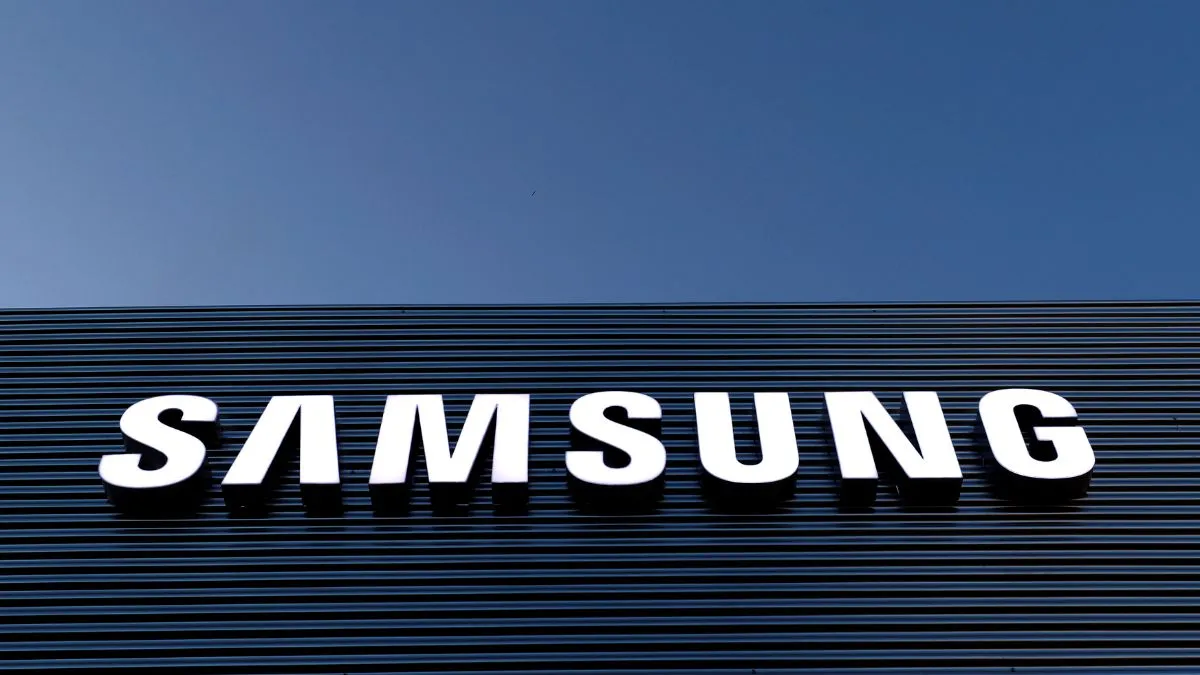- By Alex David
- Sun, 31 Aug 2025 12:39 AM (IST)
- Source:JND
The United States-China trade war took an unexpected turn when the US Commerce Department rescinded some important permits that had permitted Samsung Electronics and SK Hynix access to American chipmaking equipment in their Chinese plants. The move highlights Washington’s stepped-up efforts to block China’s access to advanced semiconductor technology and put pressure on global chipmakers to move their production out of China.
Samsung and SK Hynix’s China Operations
Samsung and SK Hynix are central figures in the worldwide semiconductor ecosystem, with factories in South Korea, the US, and China.
- Samsung’s Chinese facilities mainly make old (legacy) chips, while high-ends are made in South Korea and the U.S.”
- SK Hynix also depends on its Chinese facilities for some memory production, in particular DRAM and NAND chips.
These plants have been crucial in preserving production capacity, but they find themselves stuck in the geopolitical crossfire.
ALSO READ: Google Hack Exposes 2.5 Billion Users After Salesforce Breach Linked To ShinyHunters
What the US License Revocation Means
Samsung and SK Hynix will officially be barred from upgrading and expanding their facilities in China with US-manufactured equipment, the US Commerce Department has said.
Equipment they already own will still be authorized:
- The production gear and licenses they own now won’t be pulled out from under them.
- Replacement limitations: Key equipment that is ever broken cannot be replaced or upgraded with new US technology.
Under this policy, they would be forced to halt the moving forward of Chinese chip manufacturing plants, preventing them from competing globally and moving them back to China.
Why the US Is Taking This Step
The move is part of Washington’s larger effort to curb China’s ability to produce advanced semiconductors. What the US is hoping to achieve with these de-licences:
- Stop technology from getting to Chinese companies
- Move high-tech chip manufacturing to trusted parts of the world, such as South Korea and the United States.
In the end, shore up control of the world’s chip supply chain — which is heavily influenced by American equipment licenses.
At the end of the day, the US wants to use its supremacy in manufacturing technology of semiconductors as a weapon in the trade war.
Impact on Samsung and SK Hynix
For Samsung’s chip division, that’s just one more wall in an increasingly difficult landscape. Not being able to scale or replace gear in China could:
- Curb flexibility in the production of older chips.
- Rise of operational risk if machines fail and have no ready replacement.
- Force both firms to speed up investment in plants outside of China.
Samsung and SK Hynix are still the key players, but these constraints might increase supply chain inefficiencies and production costs over the long term.
ALSO READ: Meta Hires Top Apple AI Executive Frank Chu Amid Strategic Slowdown In Recruitment
The Bigger Picture
The decision illustrates how entwined the semiconductor industry has become with global politics.
- The United States is hell-bent on separating China from advanced chip technologies.
- Meanwhile, China is aggressively promoting self reliance, pouring money into domestic semiconductor companies.
- Caught in between are global heavyweights like Samsung and SK Hynix, facing pressure to meet global rival standards despite regulatory barriers at home.
Conclusion
US decision to withdraw Samsung and SK Hynix licenses in China is a major escalation in chip war. The companies can continue to operate their current facilities, but they can’t make improvements to or replace equipment, which puts a ceiling on the number of contracts they can fulfill in the region.
For Samsung and SK Hynix, this is a wake-up call to start looking elsewhere than China and to build more capacity in safer markets. It’s another reminder for the entire semiconductor industry: Technology and geopolitics are now inextricable from each other.

